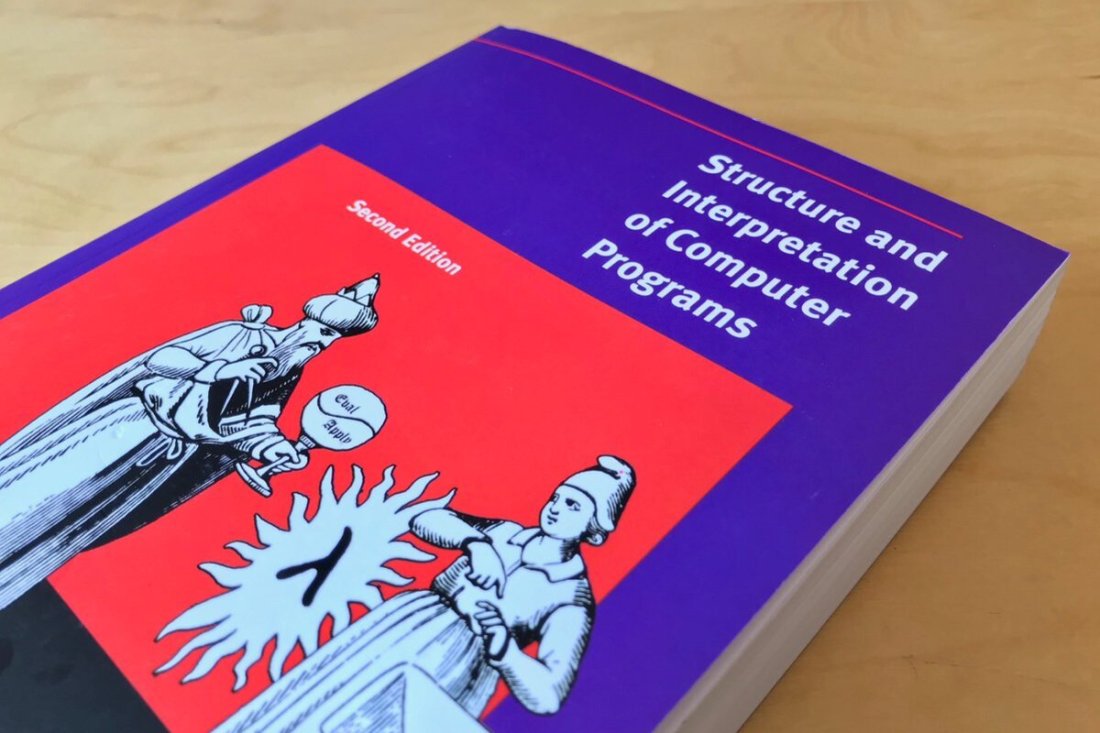Abstract

This post is a not-so-technical introduction to the Scheme Request for Implementation 216: SICP Prerequisites, that I have written and made available for discussion. (Please, contribute!)
SICP stands for the “Structure and Interpretation of Computer Programs”, a world-famous introductory programming textbook.
It’s aim is to make the exercises and examples from the book be available for any Scheme system bothering to provide it, and not just MIT/GNU Scheme and Racket (which doesn’t even consider itself a Scheme any more). Before this SRFI an issue tracker request asking for SICP support would have been looking vaguely. Now you can just write “Could you consider providing SRFI-216 (and 203)” in your implementation.
In order to write this SRFI, I went through the whole book and solved all the exercises. However, my experience is just mine, and to make a truly good common vocabulary, community feedback is required.
For technical detail and more background, I am inviting you to read the whole article.
















